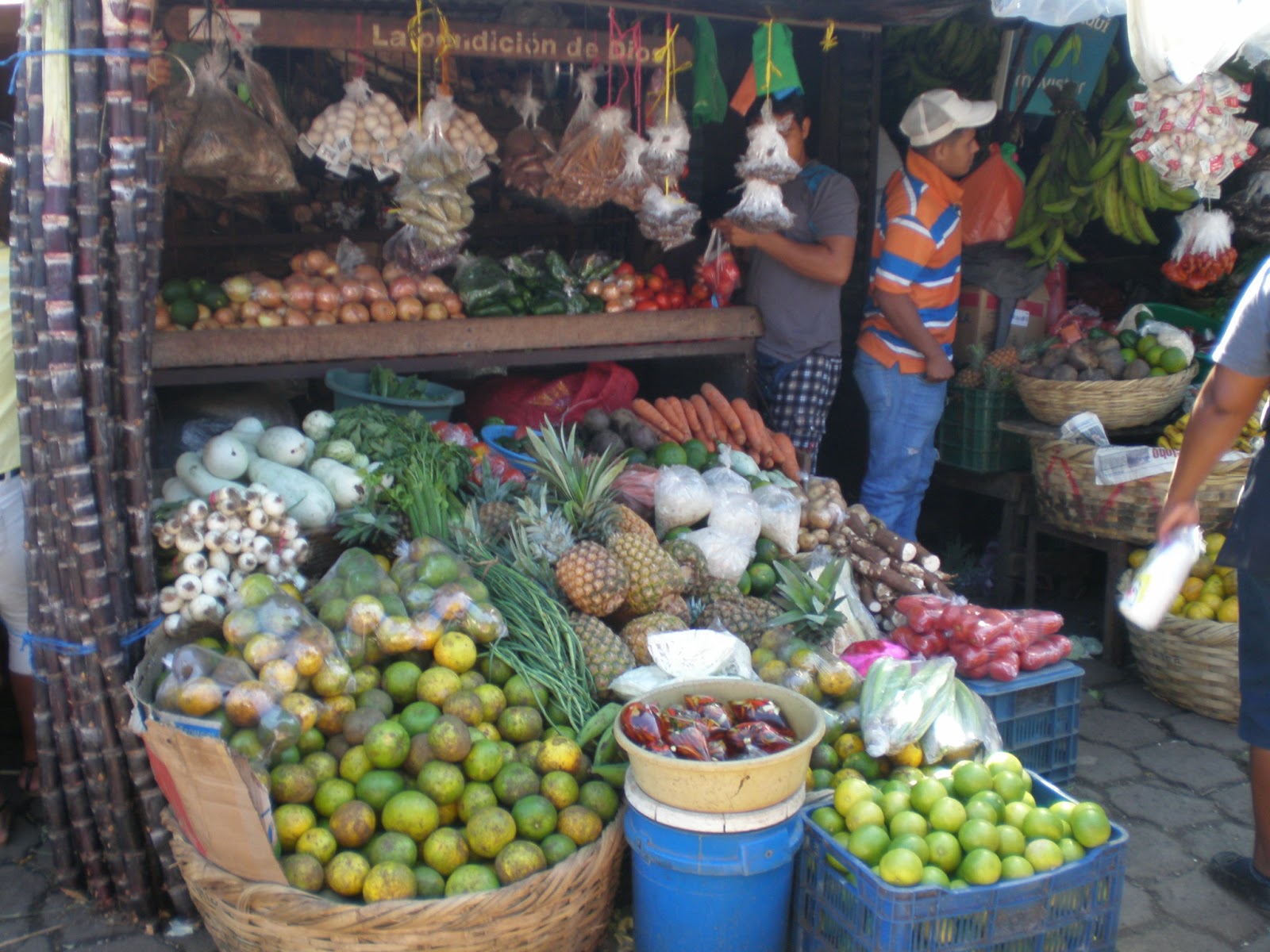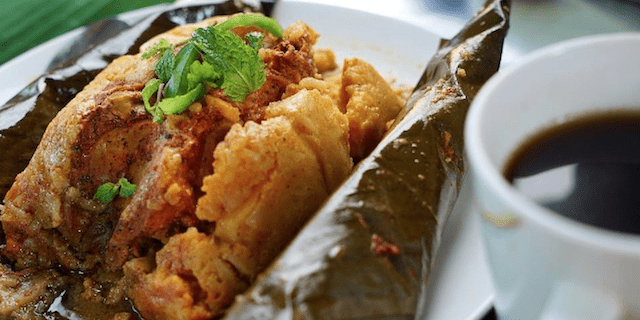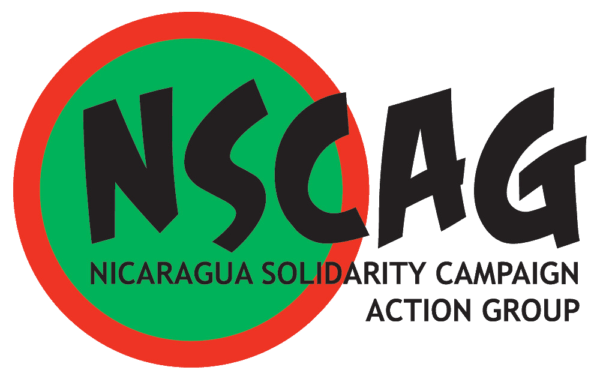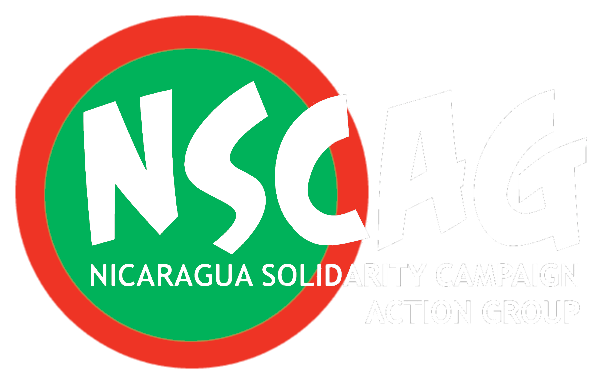Nicaragua Solidarity Campaign Action Group
4 November 2021
The social economy through the eyes of Doña Xiomara, the market seller

Yorlis Luna tells the story of Doña Xiomara, who sells *nacatamales, a story about the local, circular economy and its deep roots in the traditions and maize cultures of the past.
Our Nicaragua, this beautiful county, hides so many stories that it brings a lump to my throat, examples of falling down and getting up, of hard work and struggling against the current.
In times of the pandemic and the systemic crisis of ruthless capitalism, the most difficult thing is to build hope at the local level, honouring the lives and struggles of ordinary people, men and women, who do not stop and who push us to bring out the best in ourselves.
Doña Xiomara wakes up at 4am every morning to prepare what she sells in the municipal market. Among her main products are nacatamales which she proudly tells me are made with love. She sells them with coffee, bread or tortillas. You can take them away or have them in.

Doña Xiomara wakes up at 4am every morning to prepare what she sells in the municipal market. Among her main products are nacatamales which she proudly tells me are made with love. She sells them with coffee, bread or tortillas. You can take them away or have them in.
Doña Xiomara is always smiling as she tells me about her granddaughter, who is in her third year at the public university.
Through the uproar going on all around us someone shouts that it’s going to rain. In the melee the market sellers talk and help each other as if they were one living being, one big family.
As if reading my thoughts, Doña Xiomara smiles and says “we are all one family here”. She tells me about her recipe “not too much achiote, not too much salt, not too much acid”, it is a traditional recipe in this area.
The rain stops and you can hear different radio stations, men and women of all ages working hard to deliver popular food. Some clean fish, others clean vegetables or grains, all have patience, firmness and constancy. They are always doing something related to food.
Every kind of food and product is not something made in an instant; it is a process inside and outside the market. It is a gigantic network of daily work and solidarity.
How nacatamales are part of the circular economy
To prepare the nacatamal, the maize is provided by the women tortilla makers; all the ingredients are ground by an old man; the raw pork is provided by the couple next door who also sell fried pork and chicharon (pork scratchings); the onions, chili peppers and potatoes are provided by the cheerful young woman who works with her grandmother and younger sister in the vegetable section; the achiote comes from the man who sells spices, and the banana leaves are provided by a peasant family.
In this way behind each product there are many networks with knowledge and traditional skills that sustain the local economy.
The stands of the popular market are new, everything is new, and each stand has a place to heat the food, washing areas, and electricity. It is a dignified space to work.
Outside the market the motorcycle taxis and old vans transport everything. The streets have recently been paved and a few blocks away you can also enjoy decent sports fields and playgrounds.
By the time I had finished eating my nacatamal Doña Xiomara already knew all about my life and I about hers, a warm and unplanned meeting of affectionate gossip.
Doña Xiomara’s and other families work in peace and security – its not just about the local, circular economy, it’s about the traditional food and maize culture with its deep roots that continue to shape the present.
* A traditional Nicaraguan dish made of maize dough, seasoned with salt and a local spice called achiote. It is filled with pork, rice, onions, tomatoes, potatoes, chillies and wrapped in banana or plantain leaves.

